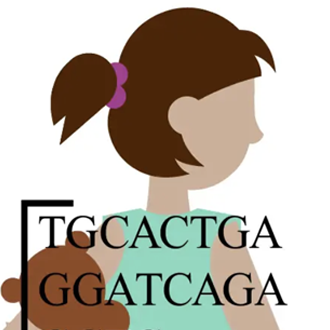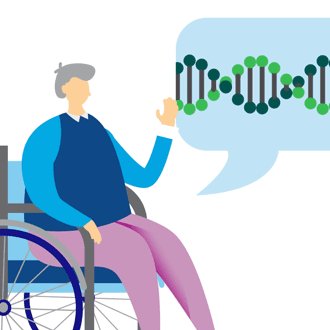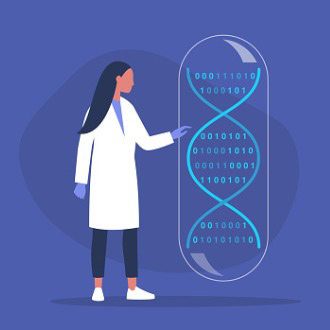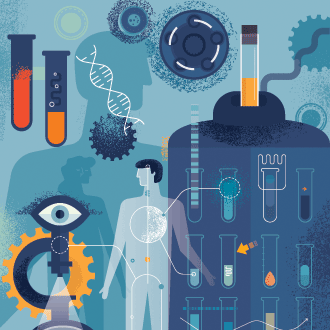Settings
Save and close
Frequently, children and adults affected with a rare disease struggle to receive a diagnosis. The diagnostic odyssey in these cases can be frustrating for families and clinicians alike.
Treatments, prognostic information and recurrence risk in families depend on having a diagnosis. Diagnostic rates are improving with advances in genomic testing.
Learn more about benefits and limitations of these tests in our free, 30-minute CME/CNE courses and clinical education resources below.

Practice identifying patients who may benefit from exome testing and communicating with patients, families, and genetic experts about testing.

Practice identifying when further value might be added by a molecular diagnosis and choosing the best genetic tests for the clinical context.

Outlines the important things to discuss with patients and families before referring to genetics.
View more
Summarizes patient care and management steps for patients with positive, negative, uncertain, and unexpected results from genomic testing.
View more
Summarizes genetic variant classification and analysis methods for clinicians.
View more
Provides a quick reference for the detection capabilities for common types of genetic testing, such as gene sequencing and deletion/duplication analysis.
View more
The majority of pathogenic variants are identified by DNA analysis. However, for a discrete number of patients whose results are uninformative, it may be possible to get a more definitive answer about the consequences of a variant using additional methods like RNA sequencing, protein analysis and predictive or functional studies.
View more